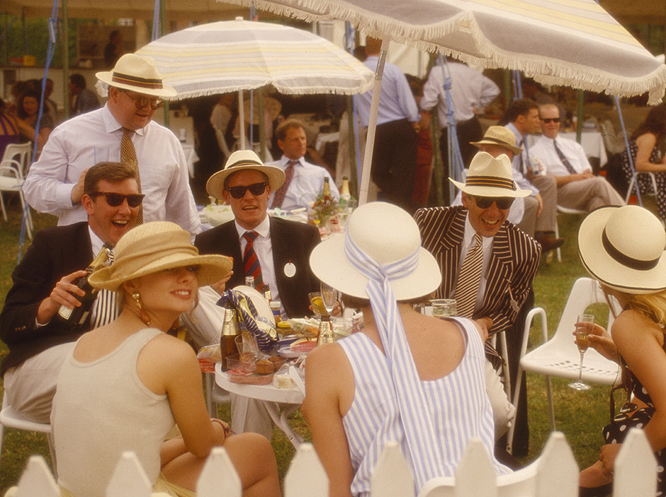
Mumbai, the gateway to India monument. Snapped by Grant Faint.
Archives for 2014
posted in December, 2014
today’s daily snap: in mumbai
sainsbury’s christmas truce, 1914
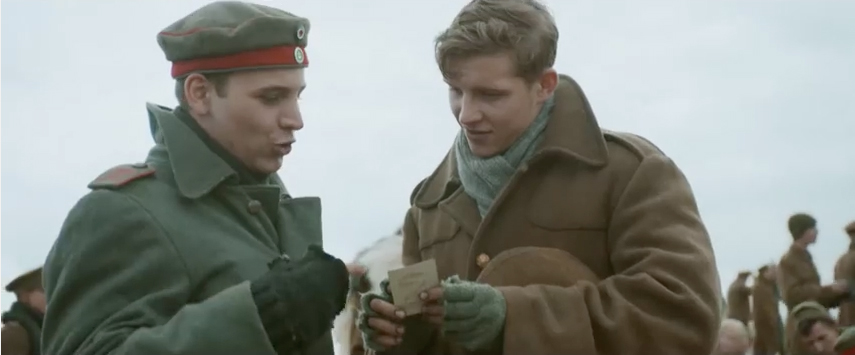
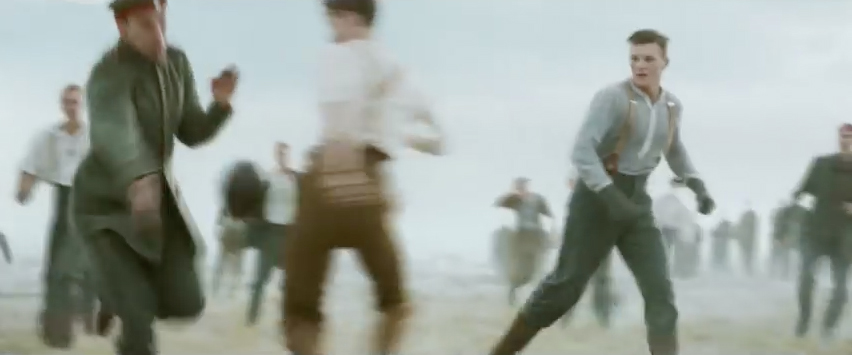
In the last of the series for 1914, veterans of the First World War recall the few hours of impromptu ceasefire on 25th December 1914, when German and British troops mingled and played football in No Man’s Land on the Western Front. Drawing on the recollections of soldiers in the oral history collection of the Imperial War Museum and the BBC archive. Narrated by Dan Snow.
There are now no living veterans of WW1, but it is still possible to go back to the First World War through the memories of those who actually took part. In a unique partnership between the Imperial War Museums and the BBC, two sound archive collections featuring survivors of the war are brought together for the first time. The Imperial War Museums’ holdings include a major oral history resource of remarkable recordings made in the 1980s and early 1990s with the remaining survivors of the conflict. The interviews were done not for immediate use or broadcast, but because it was felt that this diminishing resource that could never be replenished, would be of unique value in the future. Among the BBC’s extensive collection of archive featuring first hand recollections of the conflict a century ago, are the interviews recorded for the 1964 TV series ‘The Great War’, which vividly bring to life the human experience of those fighting and living through the war.
a new year in beijing
today’s daily snap: in moscow
r4 doc: the twilight world of syd barrett
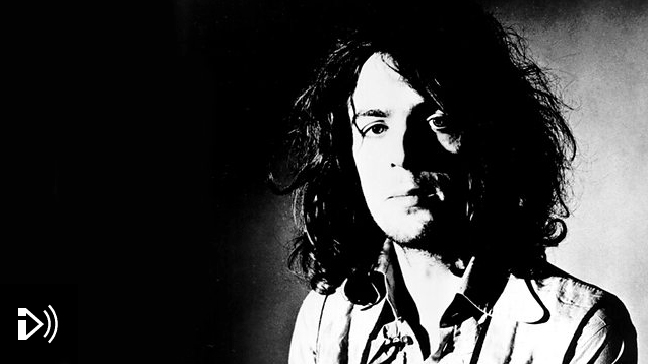
Listening to Louder than Words on Pink Floyd’s ‘The Endless River’ made me think of early Pink Floyd, which made me think of Syd Barrett, which led me to this very good — and still available — 2012 Radio 4 documentary on his life. You can listen to it here. The summary:
Six years after his death (7th July 2006) Syd Barrett lives on freeze framed, still young and a striking lost soul of the sixties whose brief moment of creativity outshines those long years of solitude shut away in a terraced house in his home town of Cambridge.
This revealing programme hears how his band Pink Floyd (and family) coped with Barrett’s mental breakdown and explores the hurriedly arranged holiday to the Spanish island of Formentera – where the star unravelled. In the programme we also hear about Barrett’s pioneering brand of English psychedelic pop typified on early Pink Floyd recordings ‘Arnold Layne’, ‘See Emily Play’ and the strange songs on Pink Floyd’s impressive debut album ‘The Piper At the Gates of Dawn’.
Undoubtedly Barrett’s experimentation with the drug LSD affected him mentally and the band members reveal how concerned they were when he began to go catatonic on-stage, playing music that had little to do with their material, or not playing at all. By Spring 1968 Barrett was out of the group and after a brief period of hibernation, he re-emerged in 1970 with a pair of albums, ‘The Madcap Laughs’ and ‘Barrett’, but they failed to chart and Barrett retired to a hermit life existing under the watchful gaze of his caring sister Rosemary (featured in the programme).
We hear from David Gilmour, Nick Mason and Rick Wright (one of the last interviews before his sad passing) about how there was little understanding of mental illness when it came to the drug fused culture of the time. These days a strung out star is hurriedly booked into the Priory and given counselling. As this programme reveals Barrett’s mental breakdown was not understood and the steps taken to help him were inappropriate and still rankle the members of Pink Floyd today.
Although, from what I’ve read, Syd was never officially diagnosed, it was assumed by many that he suffered from schizophrenia. It’s been reported by multiple sources, including Roger Waters in an interview, that someone in or connected to the band had contacted RD Laing at the time of Syd’s breakdown, and made an appointment for him. They got Syd into a taxi but on arriving, he wouldn’t get out and meet with Laing. It’s also been reported, but not confirmed, that at some point Laing watched an interview with Syd and based on that, declared him incurable. Not sure that sounds like Laing, and Laing died in 1989 so we can’t know. But if anyone could have helped him, it would have been Laing. So it seems a missed opportunity and sad.







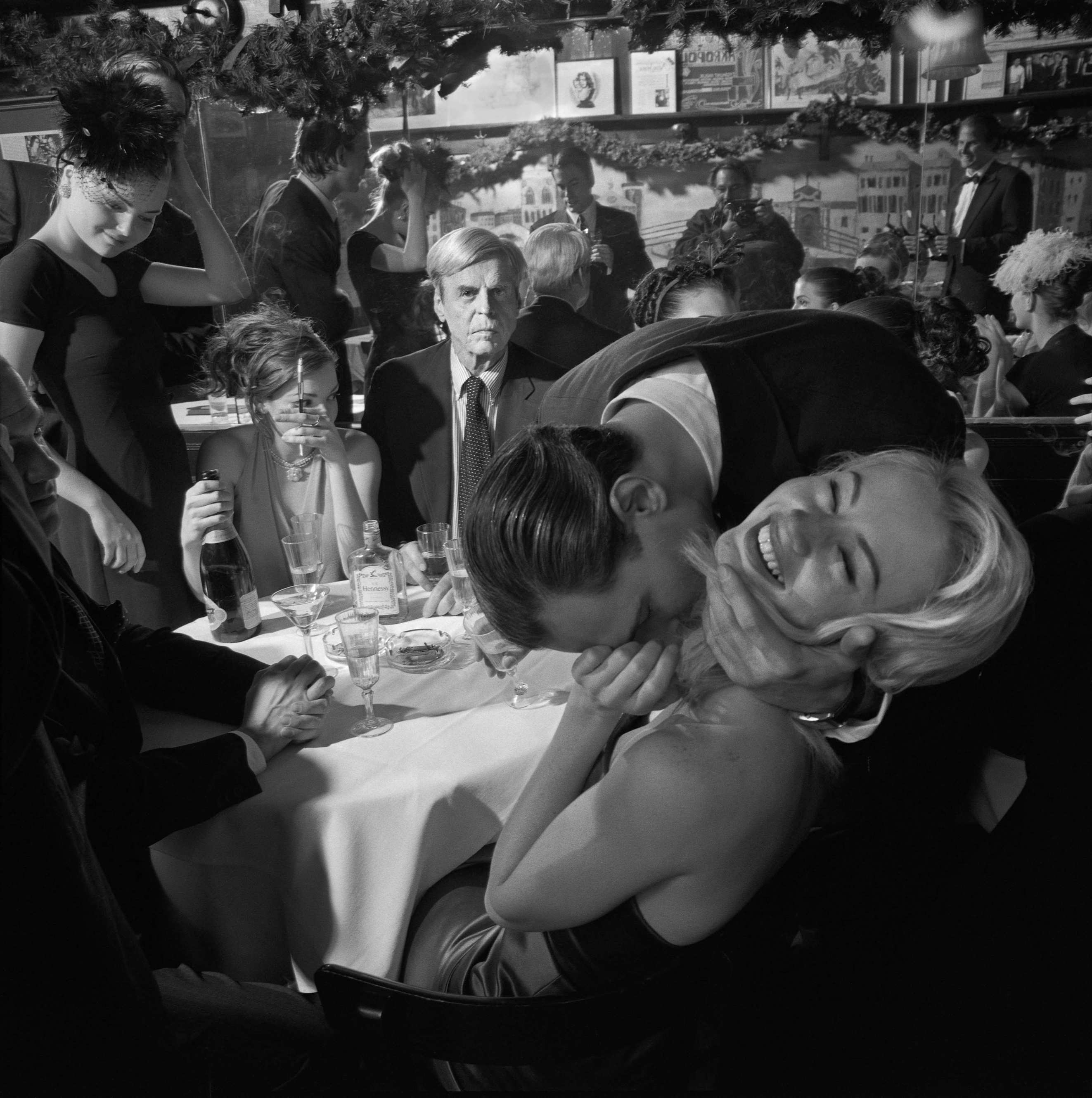
 Lacroix show, Paris, 1998.
Lacroix show, Paris, 1998.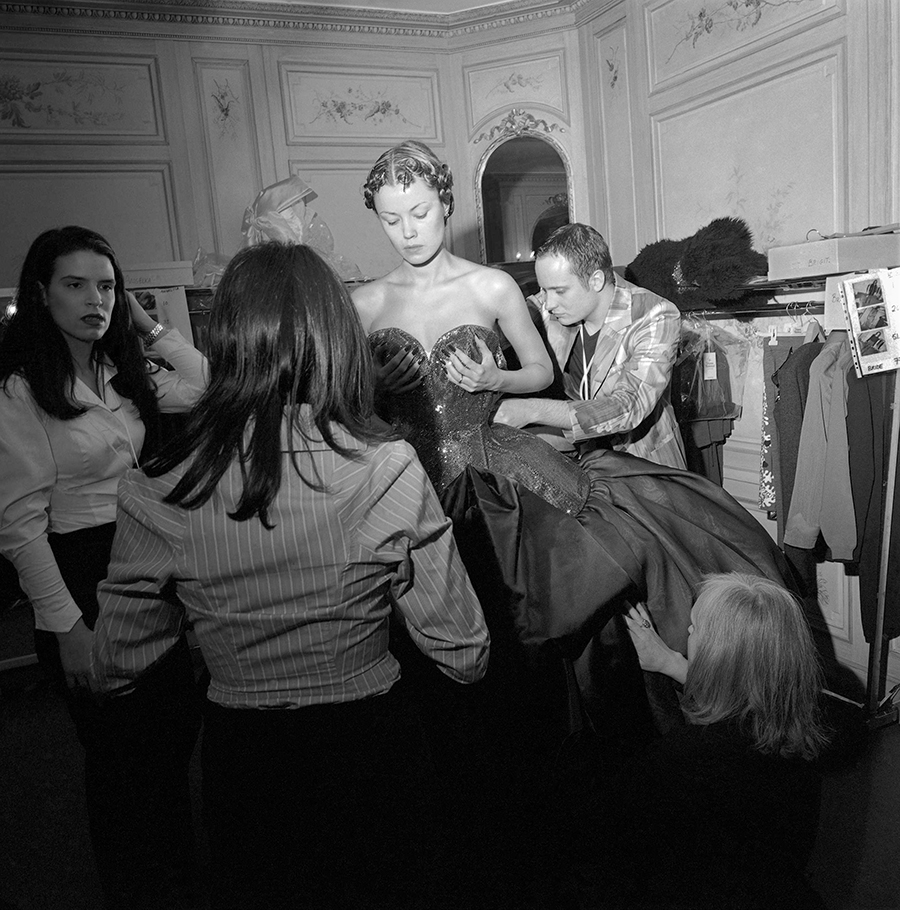 Vivienne Westwood, Tatiana Sorokko, Paris, 1998.
Vivienne Westwood, Tatiana Sorokko, Paris, 1998.